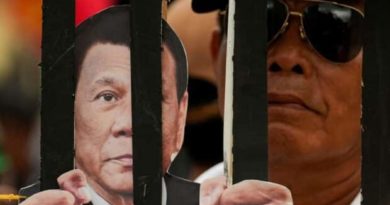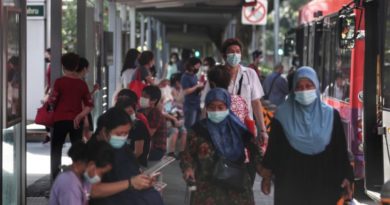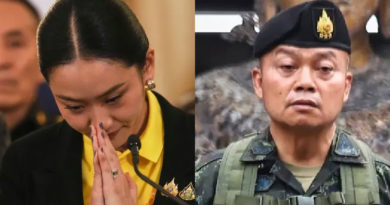OP ED OPINION | Analysis: Indonesia’s Democracy Still Looks Unsteady | By Joseph Rachman

Protesters pushed back against parliamentary overreach last month, but the Jokowi-Prabowo alliance still threatens a healthy opposition.
..
.By Joseph Rachman

At the end of August, nationwide protests rocked Indonesia, with demonstrators in Jakarta trying to break down the gates of parliament. The spark was a plan by lawmakers to circumvent Constitutional Court rulings about Indonesia’s regional elections in November that would disadvantage the political alliance of current President Joko Widodo, known as Jokowi, and Defense Minister Prabowo Subianto, who will succeed him on Oct. 20.
Faced with the angry protests, the lawmakers backed down in a rare defeat for the partnership that now dominates Indonesian politics. With remarkable chutzpah, both Jokowi and Prabowo quickly distanced themselves from the bills proposed by their supporters in parliament.
.
ADS by:
.
“Today we saw an extraordinary democratic process,” Hasan Nasbi, the head of communications for Jokowi, said on Aug. 22, the day that protesters attempted to storm parliament, adding that the scenario was just an example of “our greatness as a nation.” Prabowo took the opportunity to denounce unnamed politicians with an “endless thirst for power” who “seek to pursue interests other than those of the people.”
This year, facing a term limit, Jokowi tacitly backed Prabowo’s presidential bid in Indonesia’s February election. Some state institutions have seemed to help Prabowo, who has pledged to continue Jokowi’s legacy. Their powerful alliance has pushed Indonesia’s democratic system to its limits—but the protests show that opposition remains, even if under threat. The Constitutional Court rulings still stand in their way as regional elections approach, and Prabowo may face similar pushback when he takes office.
The surprise rulings by the Constitutional Court will reshape the regional elections in November. The first decision lowered the nomination threshold for candidates. Until now, regional candidates needed backing from political parties that collectively represent at least 20 percent of seats in regional legislatures or 25 percent of all voters. With eight major parties aligned behind Prabowo and Jokowi, there was clear coordination to back single candidates in key governors’ races, which would have let them run unopposed.
.
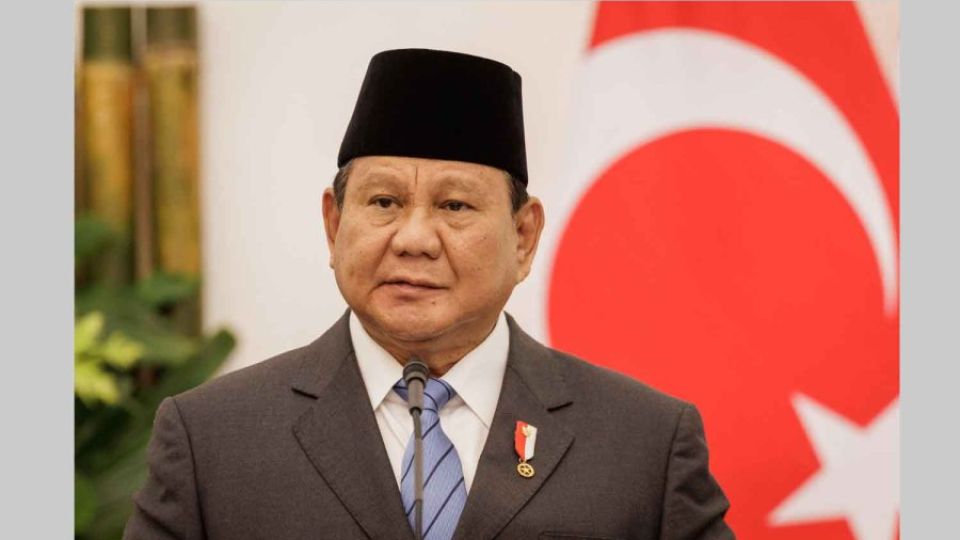
.
ADS by:
.
Candidates critical of the government faced a lockout. But the ruling should now enable candidates to run from Jokowi’s former party, the Indonesian Democratic Party of Struggle (PDI-P)—which increasingly opposes the president since he backed Prabowo.
The Constitutional Court also struck down a May Supreme Court ruling that found that regional candidates needed to meet minimum age requirements only at the time of their inauguration, not when they register their candidacies—as was previous practice. Critics found the Supreme Court’s decision suspect, not least because the only candidate affected in the regional elections was Jokowi’s youngest son, Kaesang Pangarep, who was preparing to run for deputy governor of Central Java.
.
ADS by:
.
Last year, another Constitutional Court ruling allowed Jokowi’s eldest son, Gibran Rakabuming Raka, to run as Prabowo’s vice president despite not meeting the age limit of 40. The case was presided over by then-Chief Justice Anwar Usman—who happens to be Jokowi’s brother-in-law; he was later forced to step down for ethics violations in presiding over the case.
Faced with this double blow, pro-government parties formed their plan to circumvent the rulings in parliament. On Aug. 21, key legislators met with Minister of Law and Human Rights Supratman Andi Agtas, a member of Prabowo’s party. They emerged with a proposal to revise the regional election law’s provisions on candidate eligibility and nominations.
But while public reaction to previous controversies—such as the ruling that allowed Gibran to run—was muted, there was swift popular outcry this time around. “At the time of the Constitutional Court’s Gibran decision, the people were perhaps not yet aware what was occurring behind the scenes and the meddling of President Joko Widodo,” said Agung Pradita, a student who helped lead the protests. “The people are now becoming aware that the state of democracy in Indonesia today is not good.”
On Aug. 22, protesters launched major demonstrations in more than a dozen Indonesian cities. As usual, students and workers’ groups took the lead among the crowds, but many experienced activists said that the protests attracted more people not usually inclined toward activism. They credited much of this to social media, where influencers and others with popular accounts promoted protests with an image designed to look like a disaster warning.
.
|
|
Indonesia’s New Capital Is a Mess of Trees and Dirt
…
Environmental questions linger over the Nusantara project.
.

How Will Prabowo Lead Indonesia?
The election winner sought to bury the past in his presidential campaign. To succeed as leader, he will count on history not repeating itself.
Indonesian President Joko Widodo shakes hands with Defense Minister Prabowo Subianto during a meeting with high-ranking military and police officers in Jakarta on Feb. 28.Indonesian President Joko Widodo shakes hands with Defense Minister Prabowo Subianto during a meeting with high-ranking military and police officers in Jakarta on Feb. 28. Bay Ismoyo/AFP via Getty Ima

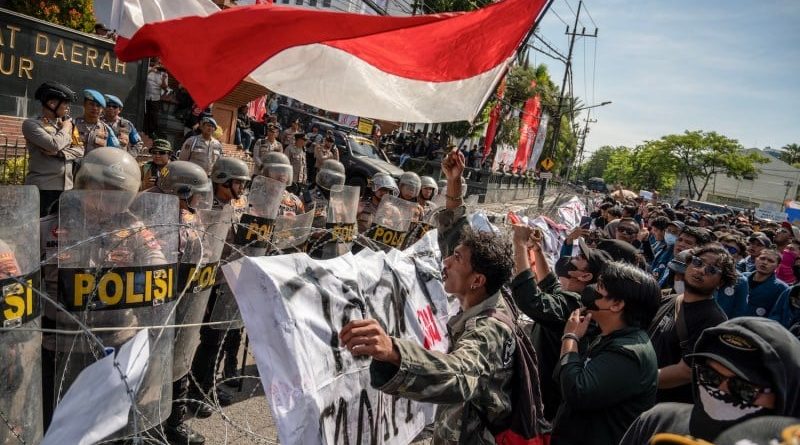
 Memento Maxima Digital Marketing
Memento Maxima Digital Marketing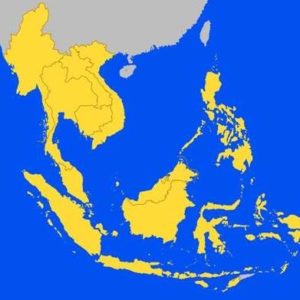
 Memento Maxima Digital Marketing
Memento Maxima Digital Marketing
 THE EDITOR
THE EDITOR




